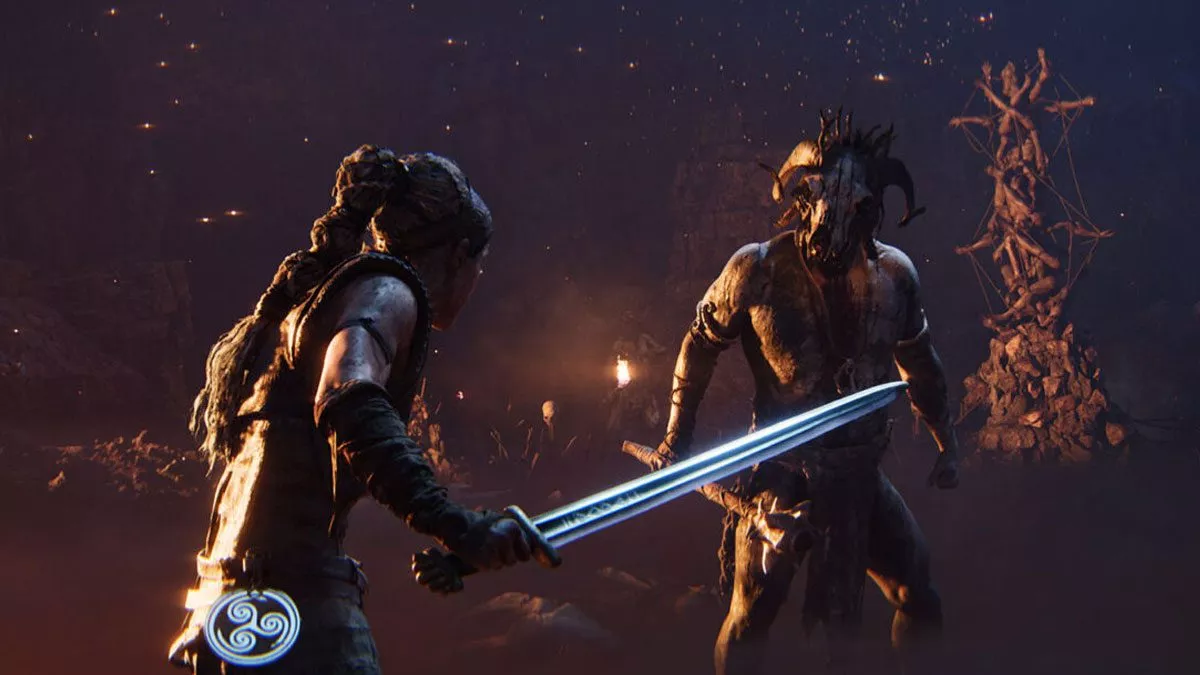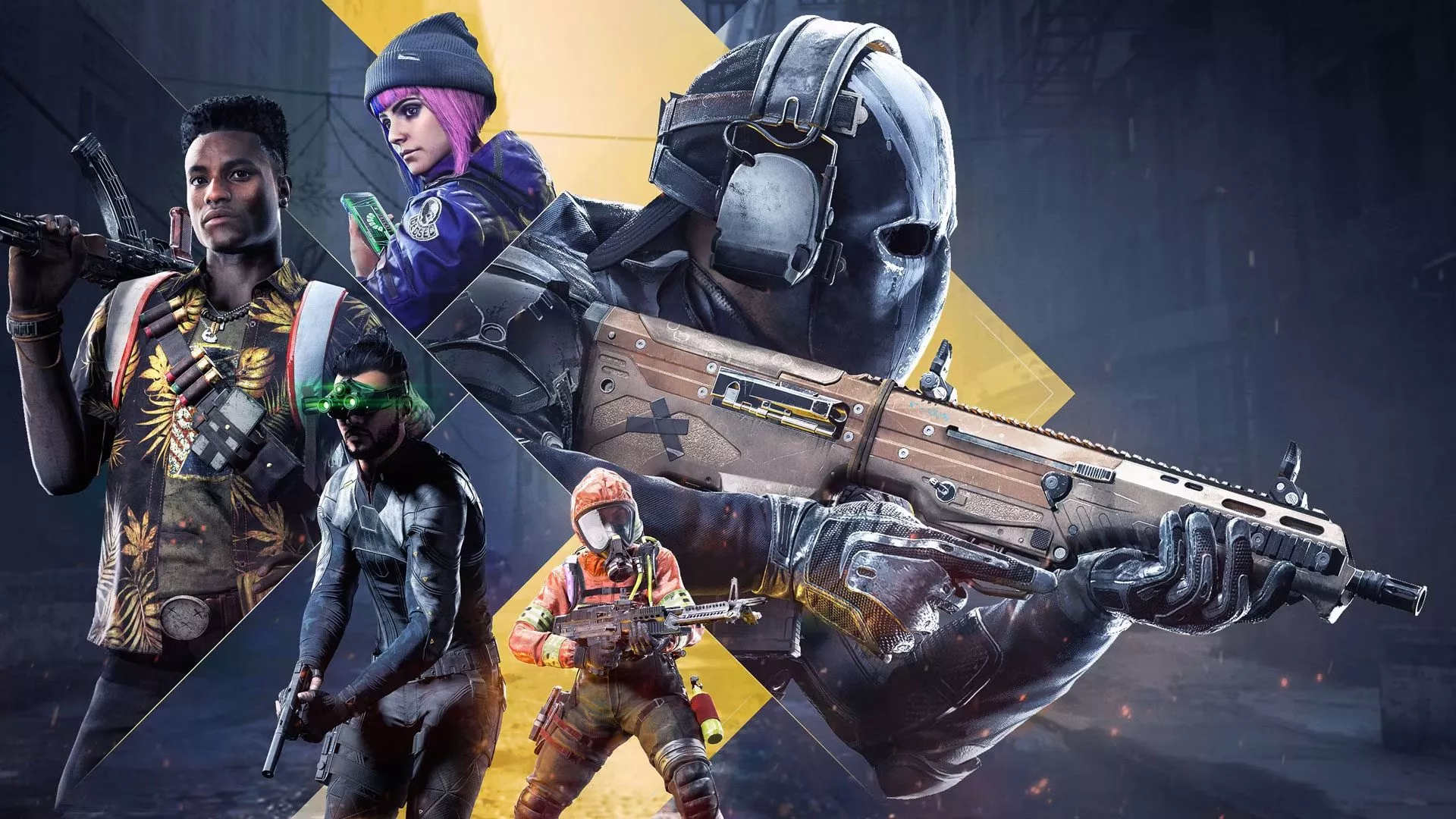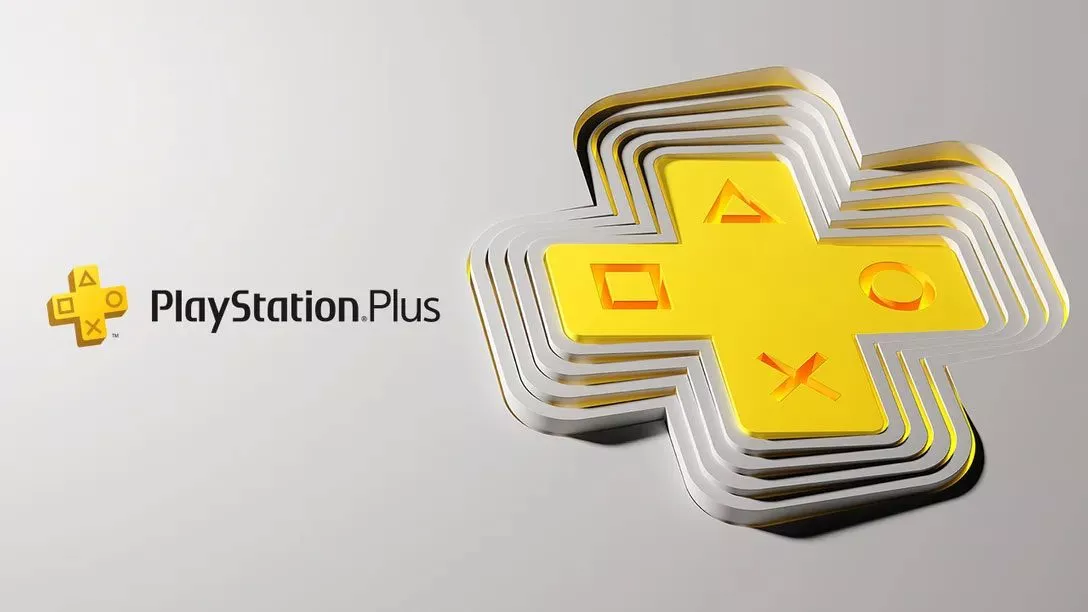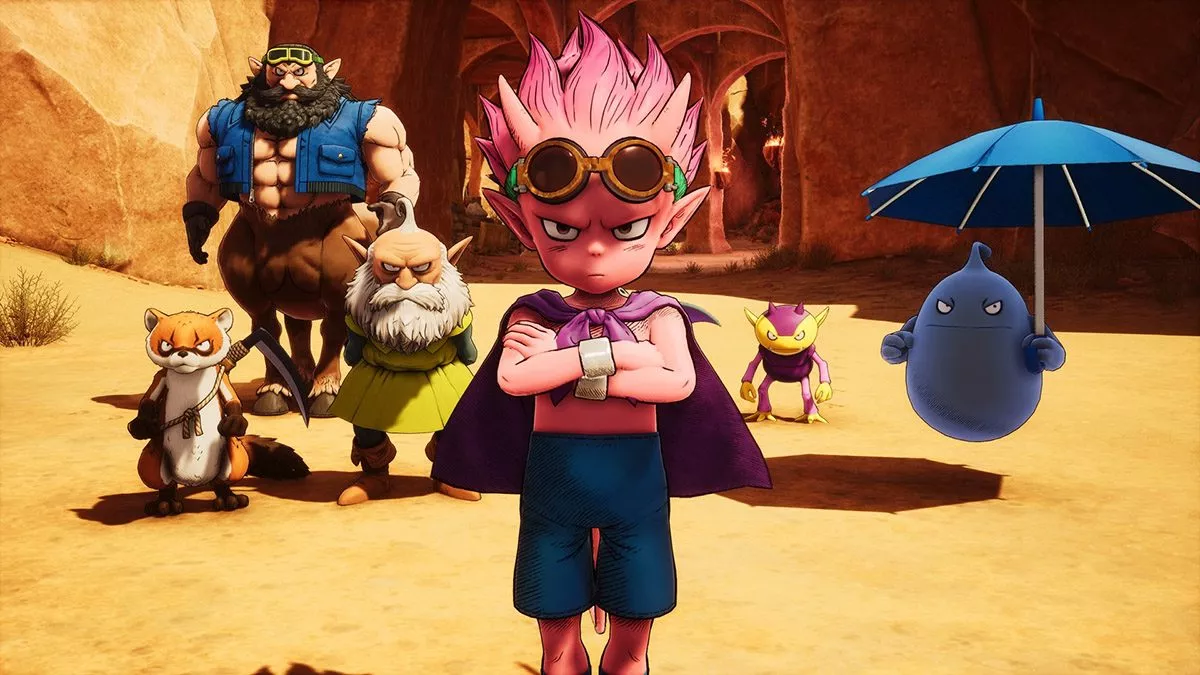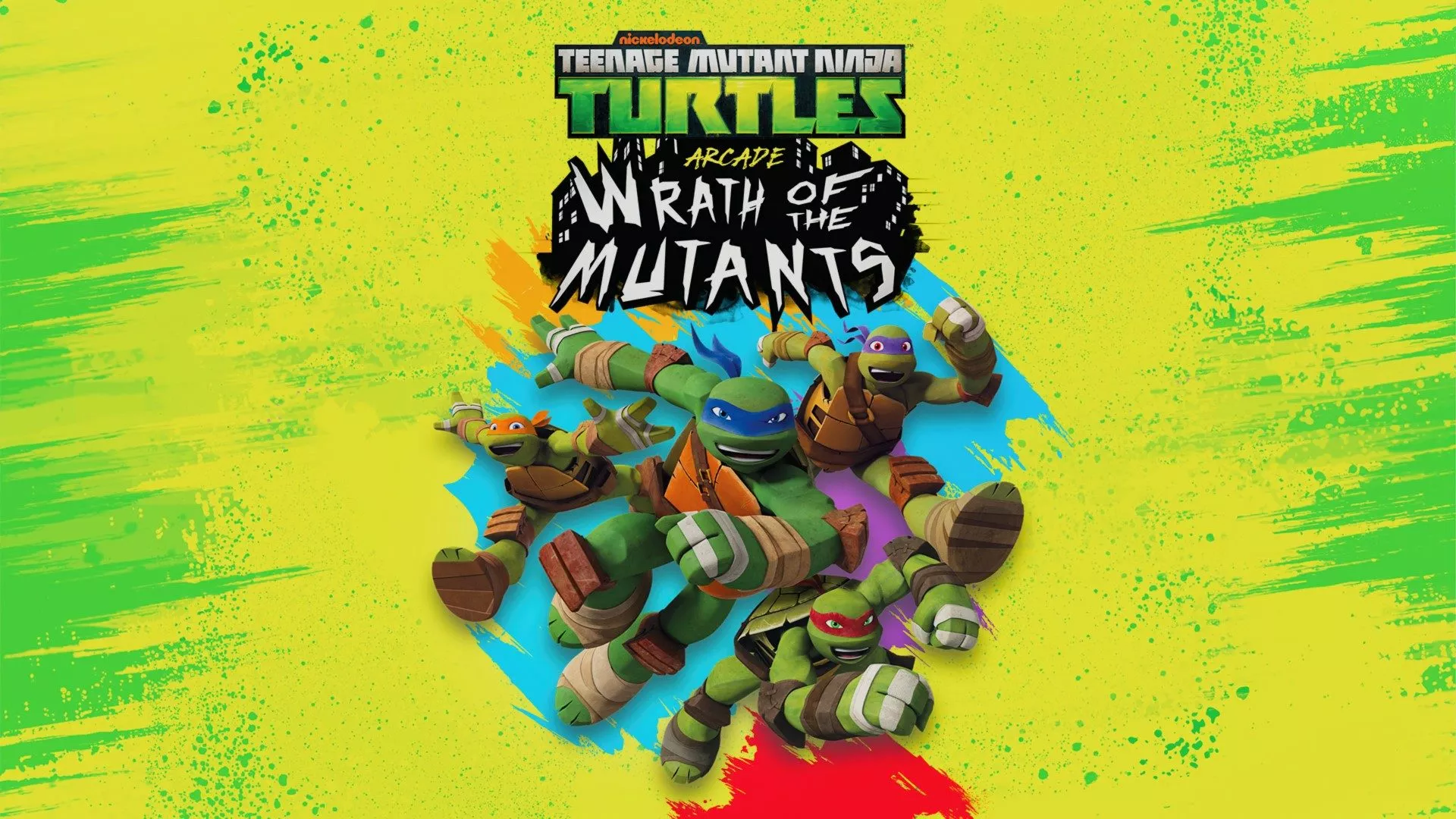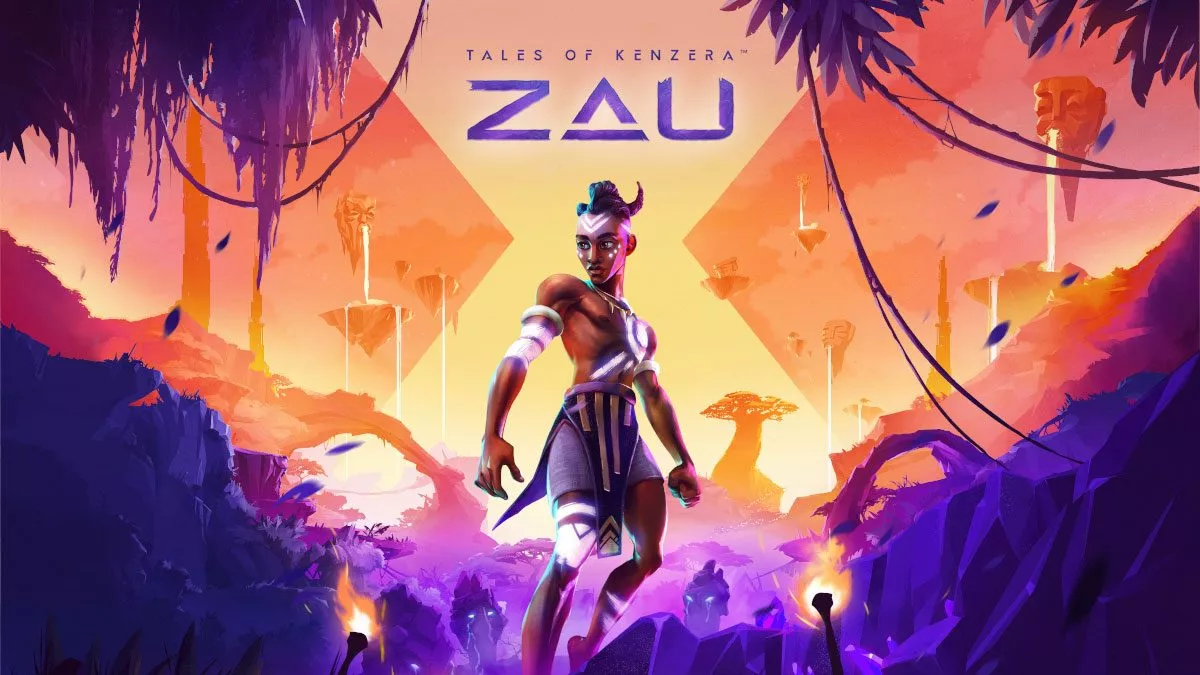By Drew Cattanach, University of Westminster
Schools are out for who knows how long. This new reality provides a unique challenge for parents who have now become full-time educators alongside their work and household responsibilities. As a parent of two primary school aged children, I fear we are about to receive a crash course in the challenges faced by teachers on a daily basis and – I hope – a new-found respect for the profession.
As many of us try to keep working while caring for our children, we might find that there are not enough printable colouring sheets and maths workbooks to fill this void. While screens are usually avoided, parents should cut themselves some slack as they try to juggle many hats. As such, multiplayer video games can help ease the situation providing some of the lost structure and social activity.
At school, children have meticulously planned timetables of activities that challenge them both mentally, physically and creatively. School is also the main place they socialise and learn how to make and keep friends.
Read more: Parents, cut yourself some slack on screen time limits while you’re stuck at home
It is well documented that prolonged social isolation during childhood is linked to adult health risks, lower educational attainment, psychological distress and continued social and emotional challenges. Although the current situation is not expected to last long enough to have such a negative and lasting affect, it is important to understand the impact of the proposed social distancing and what loneliness is for a child.
Children feel loneliness for different reasons based on their age, pre-adolescent children might experience loneliness if there are no peers to play with. While adolescents may experience loneliness if they are not able to discuss their feelings or thoughts.
To alleviate this need for structure and social contact it might be beneficial to schedule time around the “school day” to allow your children to connect and socialise with their school friends through online multiplayer games.
Learning and socialising through play
In the 1990s, the multiplayer game was a simple extension of the First-Person Shooter (FPS), which were linear experiences where the goal was to simply survive. The modern multiplayer is a far more constructive and cooperative experience where players can collaborate and work together in teams to overcome obstacles set out in the game world.
For example, the multiplayer game Portal 2 (Suitable for 10+) has two players work collaboratively to solve puzzles that involve finding ways to escape a lab by creating strategically placed portals. The benefits of puzzle-solving games such as Portal 2 for both children and adults are improved cognitive and problem-solving skills, as well as improved self-esteem and social skills.
There are a series of multiplayer games that also focus on building communities – both inside and outside the game – where groups work together for mutual benefit. Games such as Animal Crossing New Horizon on the Nintendo Switch (Suitable for 3+). The game follows an island adventure where players collect, build and socialise with their island’s inhabitants.
There are also multiplayer options where kids can meet up with their friends and explore their islands. Nintendo has a lot of restrictions and parental controls to ensure that game-playing remains good, clean fun.
Management and responsibility
It is not to say that such multiplayer gaming is without its problems. Cyberbullying and unsociable behaviour are well documented and are as much a part of the virtual world as the playground.
Normally it is the responsibility of the parent in partnership with schools to promote pro-social online behaviour, while the parents monitor the children’s online activity at home – including when it is time to restrict access. In this new reality, it is now solely the responsibility of the parent to shepherd a child’s online activities and ensure that they remain safe when playing games and communicating with friends online.
This could include moving a console into a family room and checking the games are age appropriate. However a lot of games aimed at children, like Animal Crossing, do have nifty parental settings, so you can control who your children interact with.
With the proper stewardship, your children should be able to play and meet friends online safely and continue building high-quality friendships in this new reality.
Games to play

Squad/IGDB
- Dreams (PS4) – Molecule’s latest game gives the player tools to create, play and share games and experiences. Children can build engaging experiences within the framework of the game and share them with friends and the community. Suitable for 12+.
- Minecraft (PC and XBOX) – The seminal building game, Minecraft offers younger players the chance to explore and interact with the game world and other players. Suitable for 7+.
- Super Mario Maker 2 (Nintendo Switch) – Build your own Mario levels and share your creations online. Younger games designers can build functioning game levels with a complete Mario world toolkit to be shared with friends and the community. Suitable for 3+.
- Kerbal Space Program (PC) Design a space programme and help a race of tiny aliens explore space. Kerbal allows children to work collaboratively to build rockets and travel between heavenly bodies together. Suitable for 3+.
If you are inspired by the games you play, why not try and build one yourself? Scratch provides a simple and fun environment to learn to code interactive stories and games and then share with friends. You can also get access to professional games engines for free, both Unity and the Unreal Engine make the games people play, some might need help from mum and dad (who depending on their interest may also like this one).
This article may contain affiliate links, meaning we could earn a small commission if you click-through and make a purchase. Stevivor is an independent outlet and our journalism is in no way influenced by any advertiser or commercial initiative.


